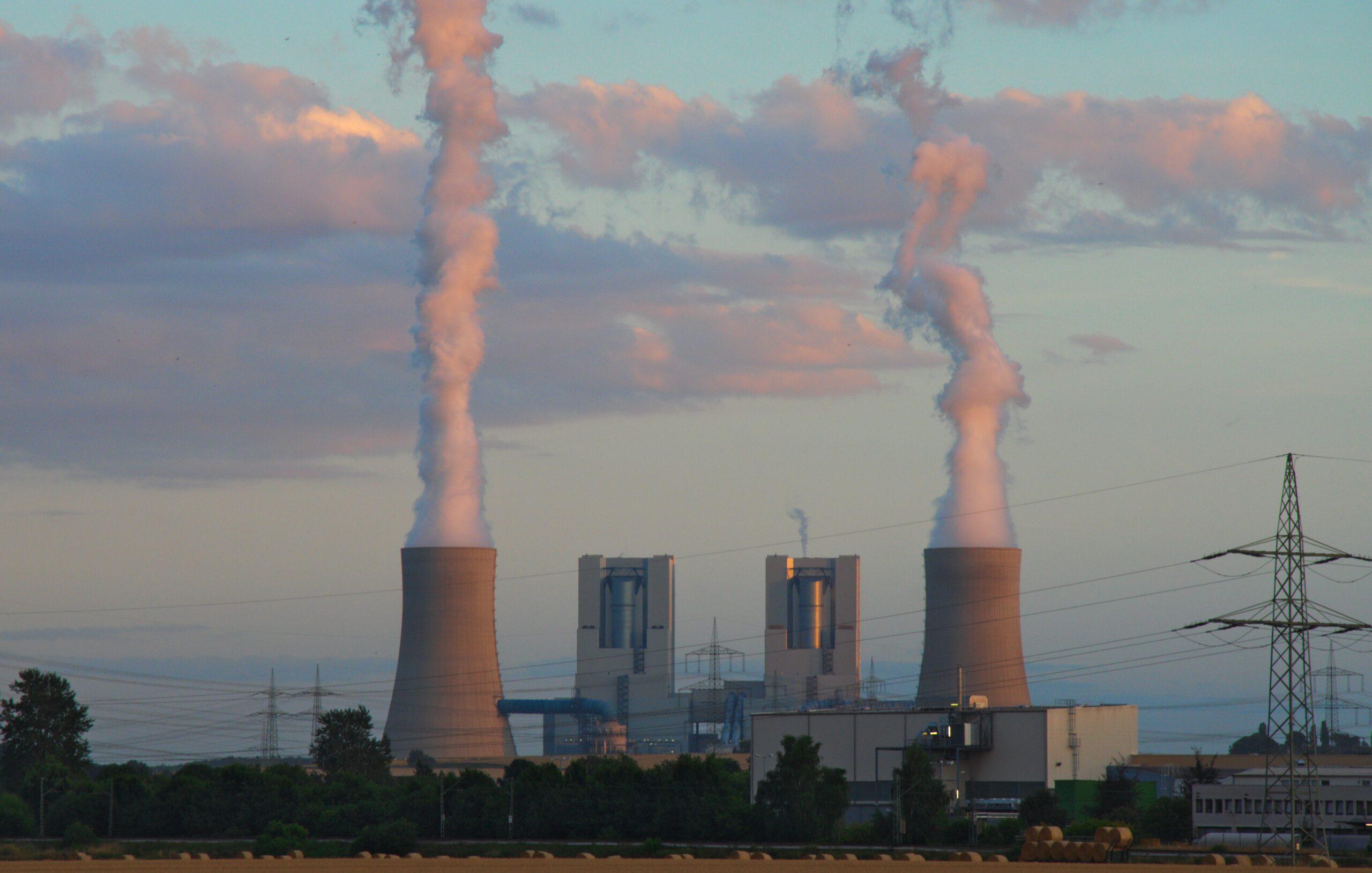India’s push towards net zero emissions by 2070 appears to have saddled it with a king-size dilemma. To start with, it must drastically reduce the use of coal for power generation. Yet, shutting down thermal power plants is easier said than done since this is beset by social, economic, and environmental impacts, which were neither anticipated nor planned for. Above all, shutting down plants is costly, amounting to billions of dollars.
When thermal power plants were first built in India in the 1960s and ’70s, they were expected to meet the urgent requirement for energy. Global warming did not exist even in distant imagination, which is why little thought was given to the aspect of closing down coal-powered plants. Though on paper such plants were supposed to last 25 years, they were allowed to function well beyond their end-of-life cycle. The present reality has, however, drastically altered the picture.
India bravely announced at Glasgow in 2021 that it would achieve net zero carbon emissions by 2070. But it soon realised that translating its commitment into action meant that it had to replace ‘dirty’ coal-fired power plants with renewable energy generation. But shutting down coal-based thermal plants presented enormous unforeseen difficulties.
Since the turn of the century 432.5 GW (giga watt) of coal power capacity has been retired worldwide, according to the Global Energy Monitor. Of this, 60% of the retired capacity was in the US and China, 7% in the UK, 6% in Germany, 4% in India and 2% in Canada.


























